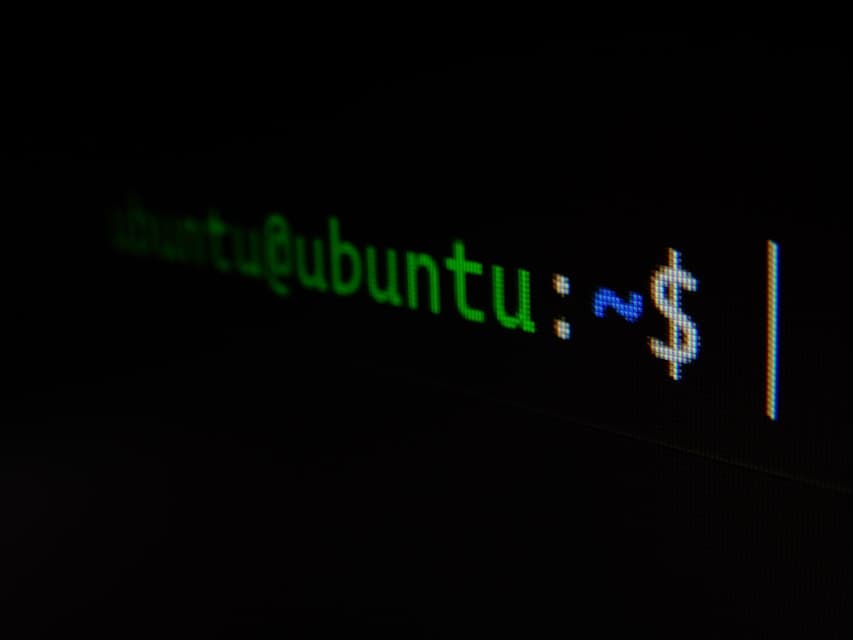~
Upgrading Python to the Latest Version in Ubuntu

Python is a popular programming language known for its simplicity and versatility. As the language evolves, it's essential to keep your Python installation up to date to benefit from the latest features and bug fixes. If you're using Ubuntu as your operating system, this guide will walk you through the process of upgrading Python to the latest version.
Step 1: Update System Packages
Before upgrading Python, it's always recommended to update your system packages to ensure you have the latest versions of essential components. Open a terminal and execute the following commands:
sudo apt update
sudo apt upgrade
These commands will update the package lists and upgrade the installed packages on your system.
Step 2: Install Python Dependencies
To compile Python from source, you need to install some dependencies. Execute the following command to install the necessary packages:
sudo apt install build-essential zlib1g-dev libncurses5-dev libgdbm-dev libnss3-dev libssl-dev libreadline-dev libffi-dev libsqlite3-dev wget libbz2-dev
This command installs various development libraries and tools required for building Python from source.
Step 3: Download the Latest Python Release
Visit the Python Downloads page to find the latest stable release. Identify the version you wish to install, and copy the download link of the corresponding tar.xz file.
In your terminal, use wget to download the file. For example, to download Python 3.11.4, execute the following command:
wget https://www.python.org/ftp/python/3.11.4/Python-3.11.4.tar.xz
Step 4: Extract the Downloaded File
Once the file is downloaded, extract it using the tar command:
tar -xvf Python-3.11.4.tar.xz
This command will extract the contents of the archive into a directory named Python-3.11.4.
Step 5: Configure and Build Python
Navigate to the extracted directory:
cd Python-3.11.4
Configure the build process using the following command:
./configure --enable-optimizations
The --enable-optimizations flag enables additional performance optimizations during the build process. This step may take some time to complete.
Once the configuration is finished, start the build process:
make -j$(nproc)
The make command compiles the source code and builds Python. The -j$(nproc) flag specifies the number of cores to be used, which makes the build process faster.
Step 6: Install Python
After the build process completes, install Python using the following command:
sudo make altinstall
Using make altinstall instead of make install prevents any potential conflicts with the system-installed Python version.
Step 7: Verify the Installation
To ensure the installation was successful, verify the Python version by running:
python3.11 --version
You should see the version number of the newly installed Python, indicating that the upgrade was successful.
Conclusion
Upgrading Python to the latest version in Ubuntu allows you to take advantage of new features, improvements, and bug fixes. By following the steps outlined in this guide, you can easily upgrade your Python installation and stay up to date with the latest developments in the language. Enjoy coding with the latest Python version!
References
Special Thanks
Photo by Gabriel Heinzer on Unsplash
Comments
Feel free to share your thoughts, feedback, or questions about upgrading Python to the latest version in Ubuntu in the comments section below. Let's engage in meaningful discussions and explore the endless possibilities of Python development!
Please Note: Sometimes, the comments might not show up. If that happens, just refresh the page, and they should appear.